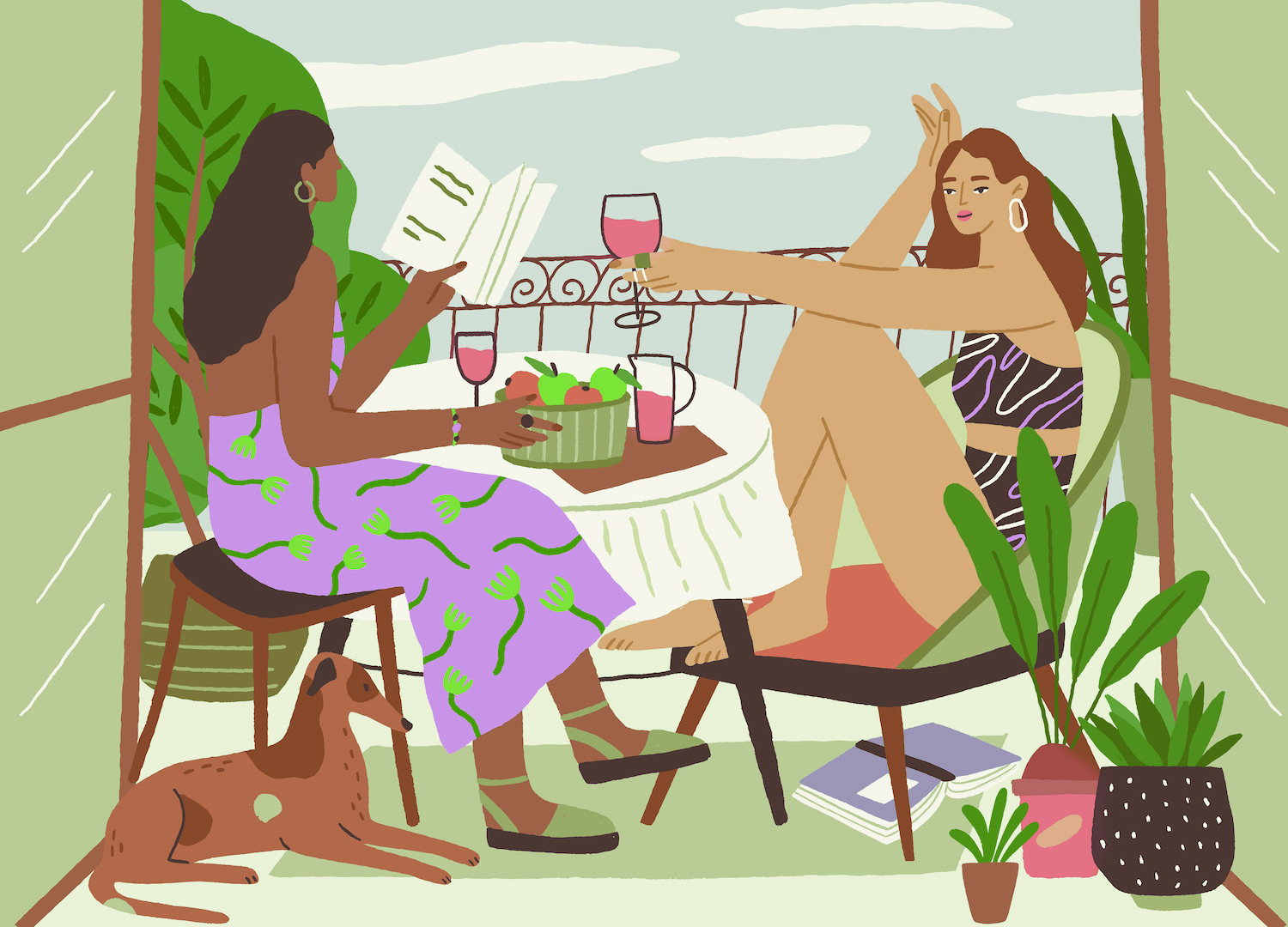
Wine Talk: Demystifying Wine Language for Conscious Consumption
words EMILY LUSH photos below SUPPLIED BY YALUMBA
In the world of wine, words matter. Decoding the language of vino isn’t just about wowing your friends at the tasting table. Demystifying wine jargon also has important practical implications, especially when it comes to grasping a winemaker’s sustainability credentials in order to make informed decisions at the bottle shop.
In this series – created in partnership with our good friends at Yalumba to celebrate the launch of GEN – a collection of five ACO-certified organic and sustainably made wines – we’re doing a deep dive on some of the industry’s most pressing issues. In part one, we investigated the real meaning of ‘organic wine’ and in part two, we asked why sustainability in wine matters. In the third and final of the series, we take a closer look at the language of wine.
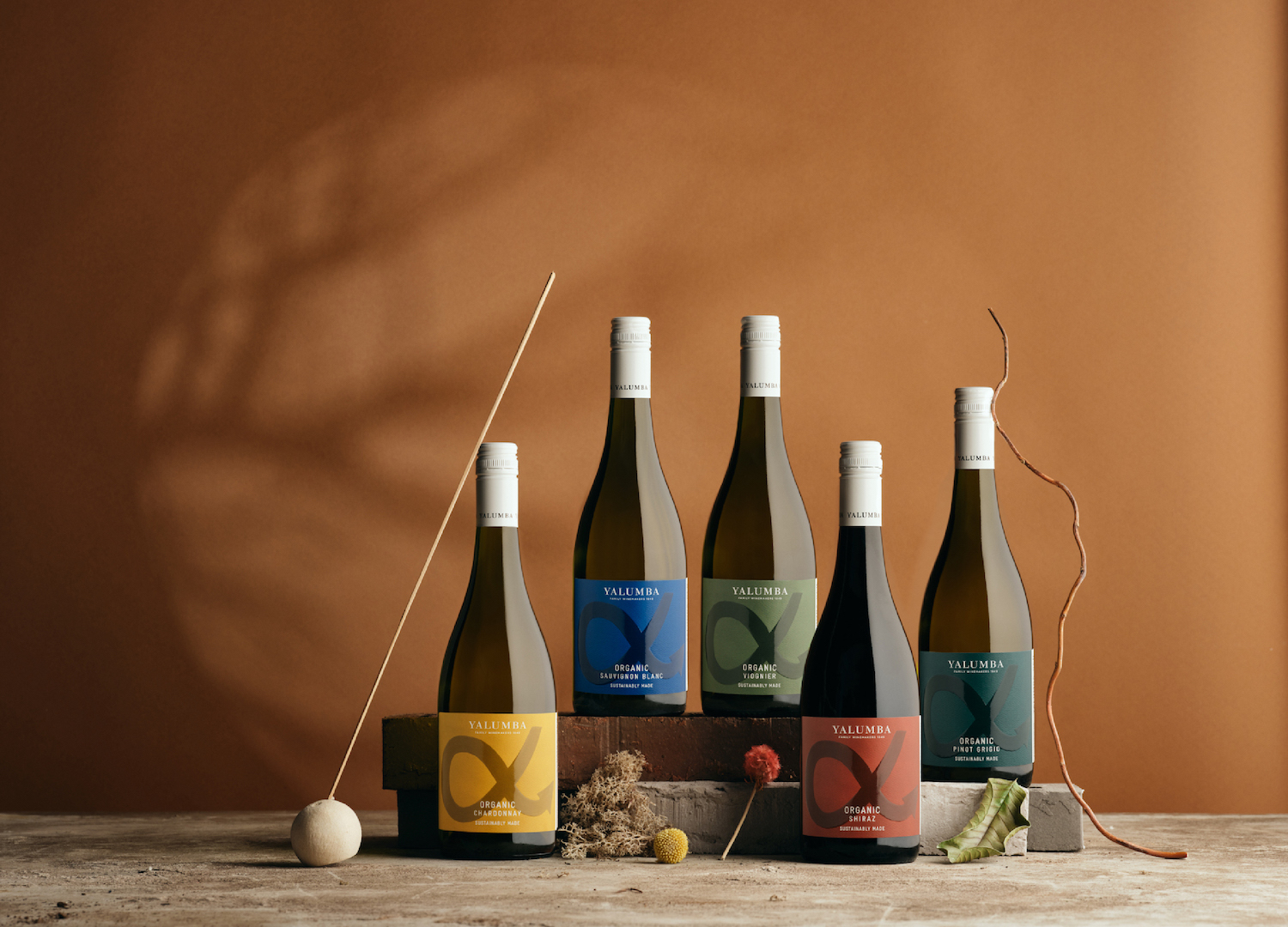
For the oenophiles among us, terms such as négociant simply roll off the tongue. But for most, it’s easy to get twisted up in tannins and terroirs.
There’s no denying that for the average consumer, wine lingo (and the air of pretence that goes with it) can be a huge impediment to enjoyment. It’s something that many winemakers in Australia are actively working to combat.
There’s no need to be intimidated. Even experts in the field of wine are learning every day. It’s best to treat it as a fun and educational journey.
“Historically, there has always been a second language for describing wine,” says Daniel Kavanagh, Wine Room Manager at Yalumba. Founded in 1849, Australia’s oldest family-owned winery traces its lineage back to simpler times when ‘organic’ was the norm, and words such as ‘biodynamic’ hadn’t yet entered into common lexicon.
“I believe it can be a barrier,” he says of the crop of wine words that have come to dominate vintners’ vocabularies. “But there’s no need to be intimidated. Even experts in the field of wine are learning every day. It’s best to treat it as a fun and educational journey.”
READ MORE – Wine Talk: Are You Confused About What Organic Wine Really Means?
Yalumba seeks to make wine more approachable by adding a personal touch. This is most evident in the experiences on offer at Yalumba in Angaston, South Australia, which include self-guided wine flights and hosted tastings and tours – all tailored to one’s individual level of knowledge. “There is no pretension around wine here,” Daniel says. “There is no such thing as a silly question. We try to make wine as easy to understand for our visitors as possible, all the while providing a fun and memorable experience.”
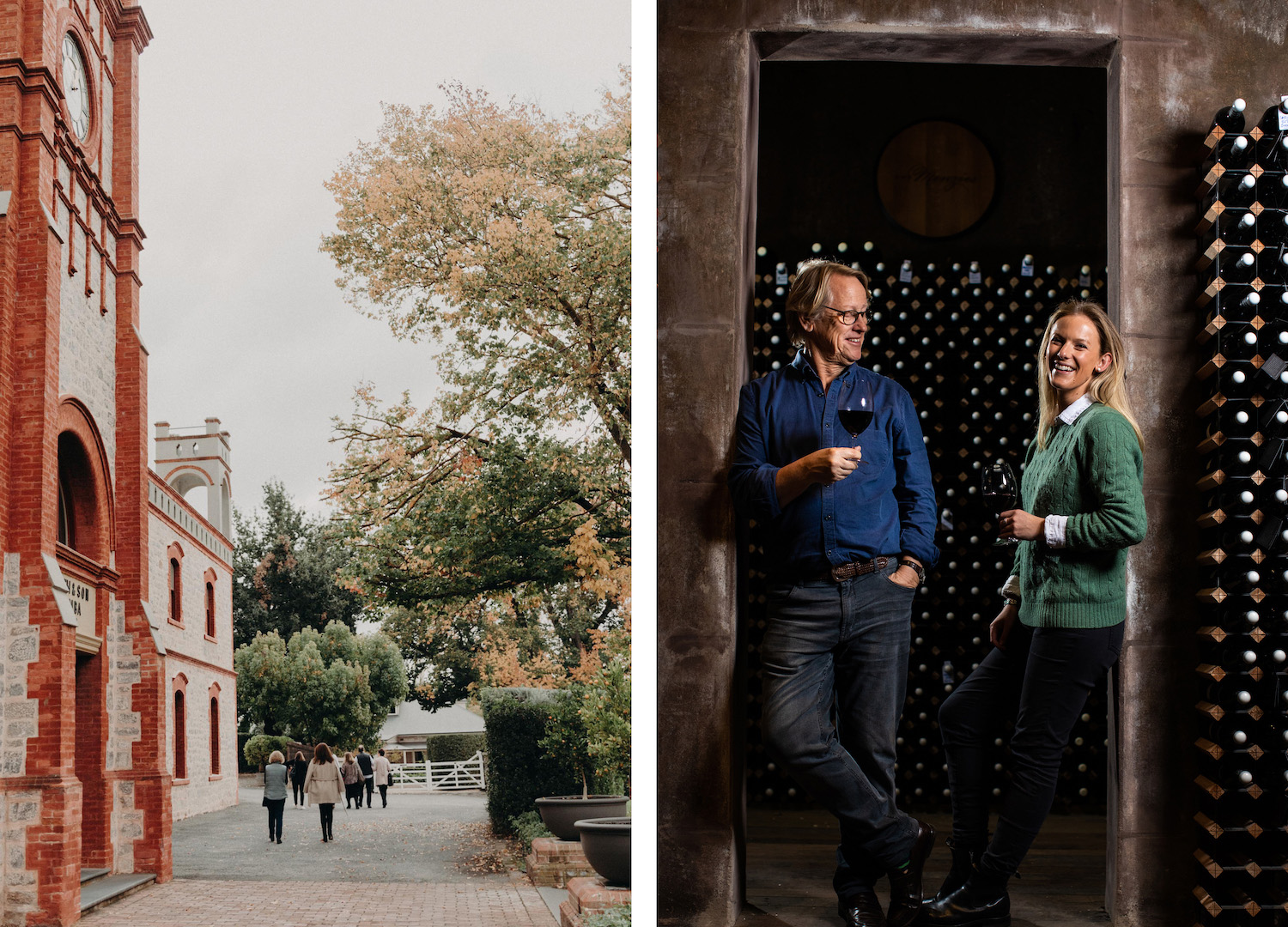
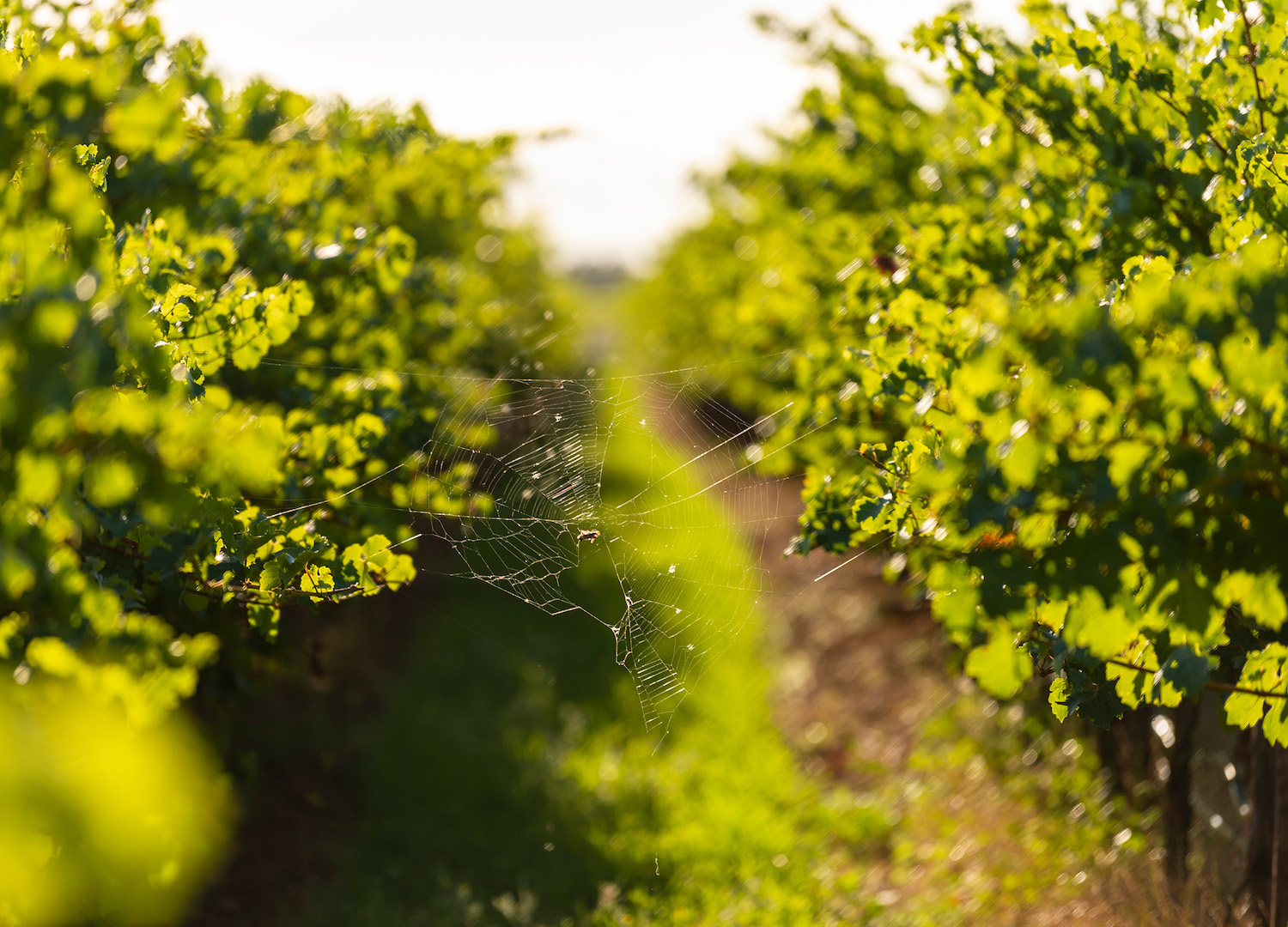
Yalumba’s sustainability principles also extend to the packaging. “Our aim is to make the terminology clear, simple and accessible to help people make the right decisions for themselves,” he continues. “Sustainability credentials are particularly important at the moment – people are really doing their research and giving preference to sustainable brands.”
Transparent talk about sustainability presents an opportunity to reach the right consumers. But at the same time, opaque language creates an opportunity for greenwashing in the world of whites and reds.
READ MORE – Drink Responsibly This Festive Season with These 10 Sustainable Wine Brands
Using words such as ‘natural’, ‘low-intervention’ and ‘vegan’ to describe wines can be problematic, not least of all because these words mean different things to different people. “There is no official definition of natural wine,” Daniel shares. “But simply, it is the unfined, unfiltered, additive-free version of what we commonly understand wine to be. Low-intervention is quite similar when you break it down: if a winemaker doesn’t need to add something, then they won’t. This approach is well-aligned with Yalumba’s winemaking philosophy, especially as all of our wines are vegan and many are wild fermented, meaning we use no animal products in our winemaking process, and use the natural yeasts that form on the skin of the grape instead of adding yeast to aid fermentation.”
Our aim is to make the terminology clear, simple and accessible to help people make the right decisions for themselves. Sustainability credentials are particularly important at the moment – people are really doing their research and giving preference to sustainable brands.
There’s one wine term in particular that Daniel thinks is often misconstrued: organic. “It’s important to point out that wines can be organically made, but not Certified Organic,” he explains. “Natural and low-intervention wines are associated with winemaking, but organic is more closely associated with the vineyard and grape growing. Certified Organic means no chemical herbicides, fungicides or pesticides in the vineyard or winemaking process.”
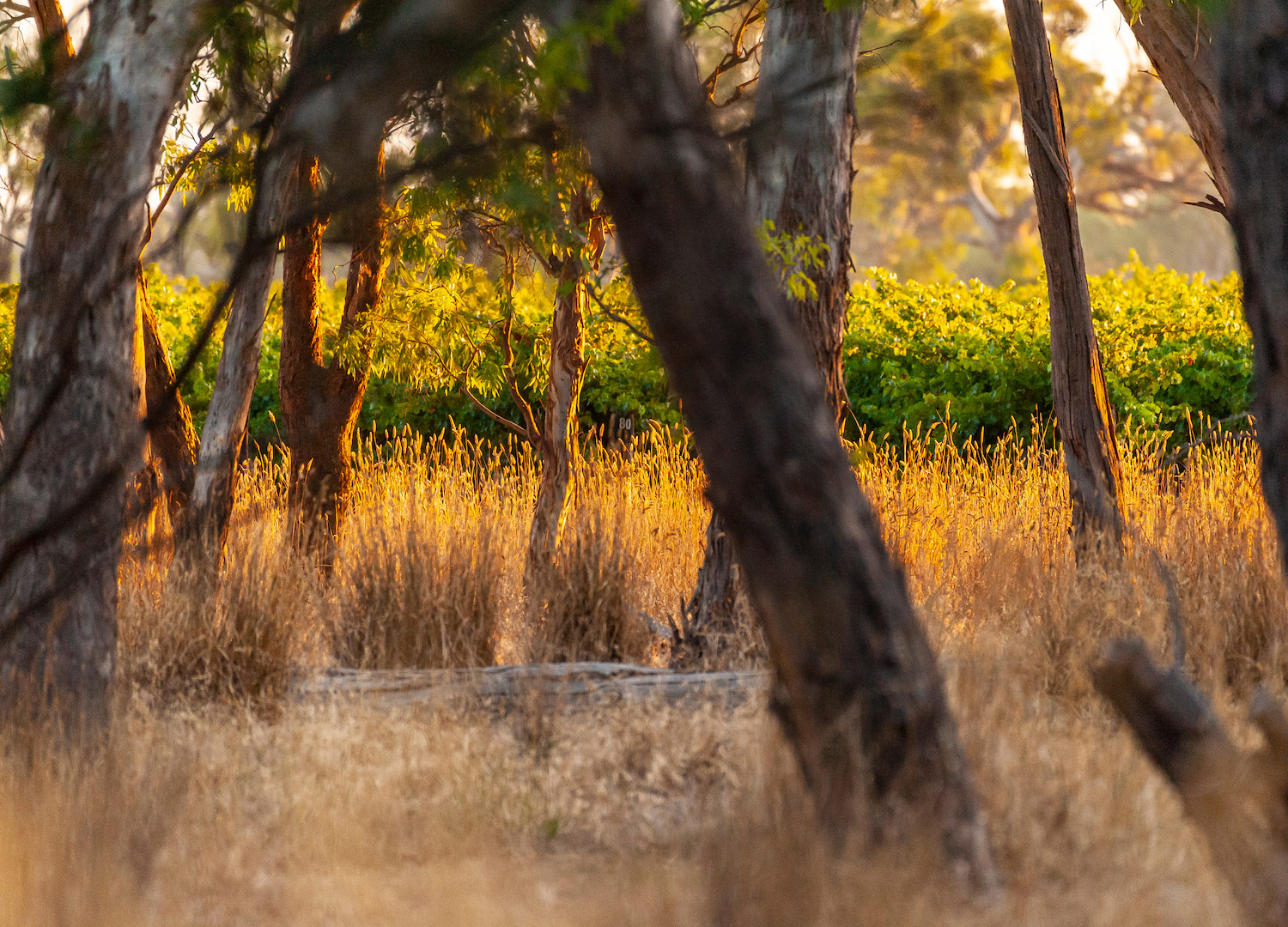
The Australian Certified Organic (ACO) accreditation process is a long and gruelling one. “It takes up to three years to become certified, and the vineyard and winery need to be audited annually to ensure you’re keeping up with the standards,” Daniel explains. Yalumba wears the ACO Trustmark proudly on its GEN collection of shiraz, sauvignon blanc, viognier, pinot grigio and chardonnay.
Sustainability isn’t just a term we use, it is inherent to who we are.
For Yalumba – a business that has been rooted in the land from the very beginning – being associated with the word ‘organic’ is a confirmation of long-held beliefs. “Sustainability isn’t just a term we use, it is inherent to who we are,” Daniel says. “We are a family business that has been here for 173 years, and we are reliant on each generation acting to improve the land and our communities to allow our future generations to thrive. We care about the wellbeing of our people and community, and the environmental footprint we leave.”
READ MORE – Wine Talk: Why is Sustainability in Winemaking So Important?
At Yalumba, there are other words associated with wine that require no explanation or interpretation: friendship, tradition, legacy, longevity, and heritage. For all the certifications and standards that Yalumba has earned over the years, it’s often these words that mean the most.
So next time you feel yourself drowning in jargon, remember that wine should be savoured on your own terms. “Wine should be appreciated with good food and in great company,” Daniel affirms. “The only thing that really matters is that you enjoy the taste. At the end of the day, wine is about enjoyment.”



